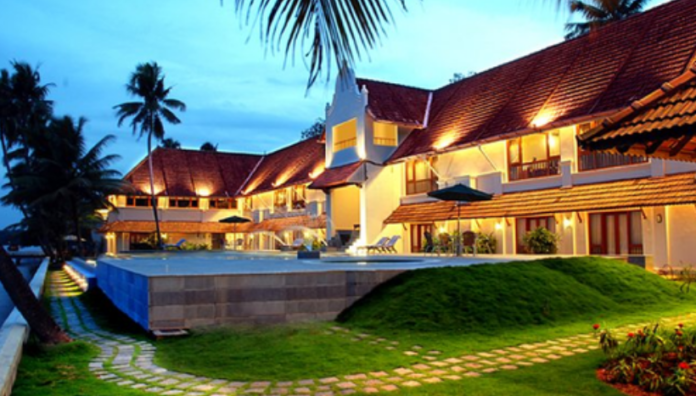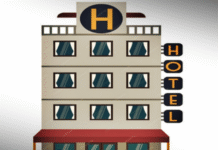New Delhi– The Indian hospitality industry has ramped up investments in greenfield hotel development, driven by the demand coming from tier 2 and 3 cities amid rising disposable incomes and overall economic growth.
In the first half of this year, greenfield hotel investments in the country rebounded to pre-Covid levels, as per latest data from HVS Anarock.
Greenfield developments accounted for nearly 48 per cent of hotel brand signings by keys, surging to 53 per cent in early 2024.
The growth was driven by hotel chains expanding aggressively in tier 2, 3 and 4 cities.
Mandeep S Lamba, President and CEO, HVS Anarock, said in reports that this renewed interest is primarily driven by hotel chains expanding aggressively into tier 2, 3 and 4 cities, where both business and leisure travel are experiencing robust growth.
Greenfield hotels refer to building new properties on previously undeveloped land, while brownfield projects involve redeveloping or expanding existing properties.
Cities like Indore, Kanpur, Bhubaneswar, Varanasi, Udaipur, and Coimbatore are experiencing a rise in demand.
According to industry experts, unlike brownfield developments, greenfield hotel developments offer flexibility as it does not constrain hotel chains and developers to an existing structure.
The future of the Indian hospitality industry looks promising, driven by rising occupancy rates and a strong pipeline of new projects across all segments.
As per industry leaders, as road infrastructure and connectivity significantly improved in the last 10 years, the global hospitality majors are strategically expanding their presence by developing hotels near major highways and key service stations, providing travellers with convenient and comfortable options for stays.
According to Dimitris Manikis, President EMEA, Wyndham Hotels and Resorts, the government’s mega infrastructure push, particularly highway development, offers significant growth opportunities for the hotel industry.
Hotel investment transactions reached $93 million and are expected to reach $413 million by year-end — a 22 per cent increase compared to last year, according to latest data from JLL Hotels and Hospitality Group. Top hotel companies led by contributing 44 per cent of the total transaction volume. It was followed by owner-operators at 30 per cent and high-net-worth individual (HNIs), family offices, and private hotel owners at 26 per cent.
According to the report, the positive momentum is set to continue throughout the second half of the year. (IANS)








